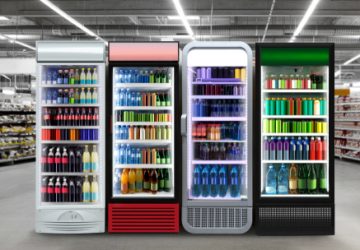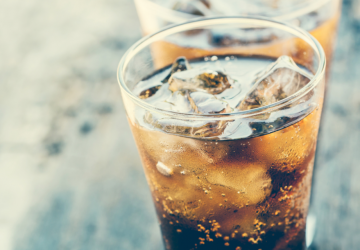“It’s Official,” the headlines blare. “Coffee and cola are addictive.” Of course, nothing is official. But that hasn’t stopped anti-caffeine crusader Roland Griffiths from boasting, in more than one hundred newspapers, that his latest study proves caffeine is the most abused stimulant around. What the papers aren’t reporting is that Griffiths has made a career out of unfounded attacks on caffeine. Nor do they mention his potential conflict of interest as a consultant to “the legal profession on issues related to caffeine effects, withdrawal, and dependency.”
Griffiths’ crusade against caffeine is long and storied. One of his first anti-caffeine studies examined a total of seven people — himself and six colleagues. A few years later, at the height of the anti-tobacco campaign, Griffiths stepped into the public spotlight with an outrageous comparison between caffeine and nicotine. He announced in a press release: “The marketing parallels between nicotine and caffeine are pretty stunning. Both are psychoactive drugs.”
After he was challenged by industry officials, Griffiths acknowledged that a moderate amount of caffeine intake had “predominantly positive” effects. But no matter. In 2000 he authored a new study with just 25 people, and promptly attacked soda manufacturers for selling soft drinks with caffeine. This time around Griffiths took criticism from his own benefactor at the National Institute on Drug Abuse, which funded his study. Claiming that the study was too small to draw sweeping conclusions, Alan Leshner, the institute’s director, said simply: “I don’t agree with the conclusion that caffeine should be lumped with nicotine.”
Considering his history of fizzy research, it is no wonder that Griffiths’ latest study, released last week in the journal Psychopharmacology, poses its own set of problems. His latest work is a “meta-study” — a study of other studies. He gathered 66 previous reports on caffeine, discussed their widely varying findings, and then drew his own broad conclusions. The selection of these 66 studies can hardly be called bias-free. For instance, Griffiths used nine of his own previous studies (including the one with seven subjects), yet failed to mention a 1999 study from the journal Pharmacological Review which demonstrated that one to three cups of coffee per day had no effect on the part of the brain responsible for addiction.




